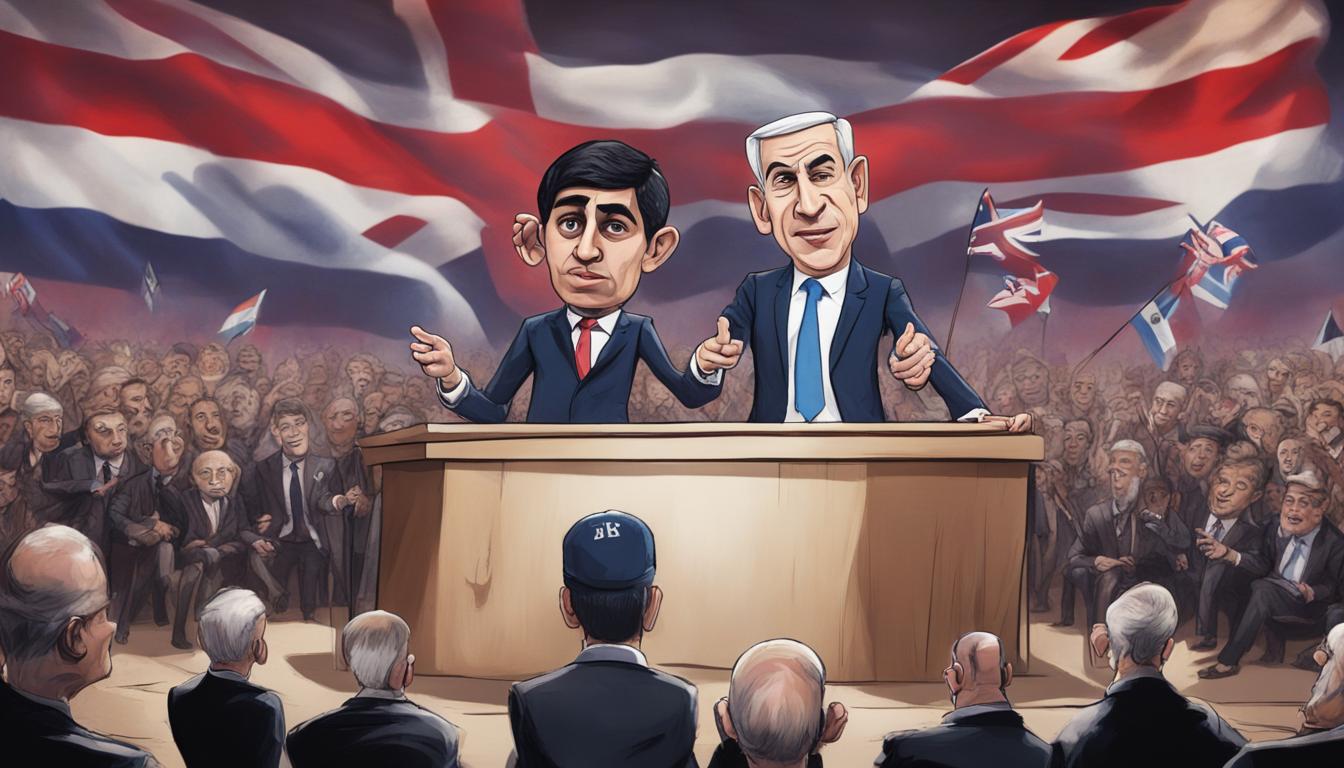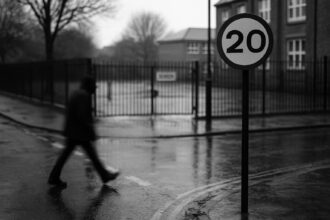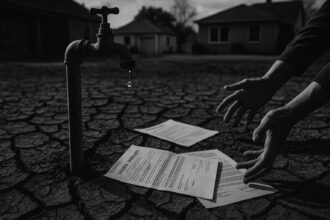Rishi Sunak denounces the protests targeting Israel’s participation in Eurovision as tensions in Gaza escalate, leading to severe humanitarian concerns.
UK Chancellor Rishi Sunak has publicly criticized the protests against Israel’s participation in the Eurovision Song Contest, branding them as “outrageous”. The protests have emerged amidst ongoing tensions and calls for boycotts due to the conflict in Gaza. Despite this, Israeli contestant Eden Golan has made it to the finals of the contest, amid cheers and boos, and with substantial security precautions advising her to stay within her hotel.
Israeli Prime Minister Benjamin Netanyahu has also condemned the protests and supported Golan, highlighting her performance amid what he termed antisemitism. The Eurovision event has become a focal point for broader political expressions, evidenced by the alteration of Ireland’s contestant’s costume to remove pro-Palestinian messages.
Simultaneously, the military conflict in Gaza continues to escalate, particularly around Rafah where intense fighting has led to the displacement of over 100,000 people. The conflict has severe humanitarian ramifications, with access to essential goods and aid severely constrained. The United Nations has voiced concerns over the dire need for humanitarian aid and the imminent shortages of food in southern Gaza.
Both situations highlight the intertwining of cultural events like Eurovision with larger geopolitical conflicts, affecting perceptions and actions on both local and international stages.













